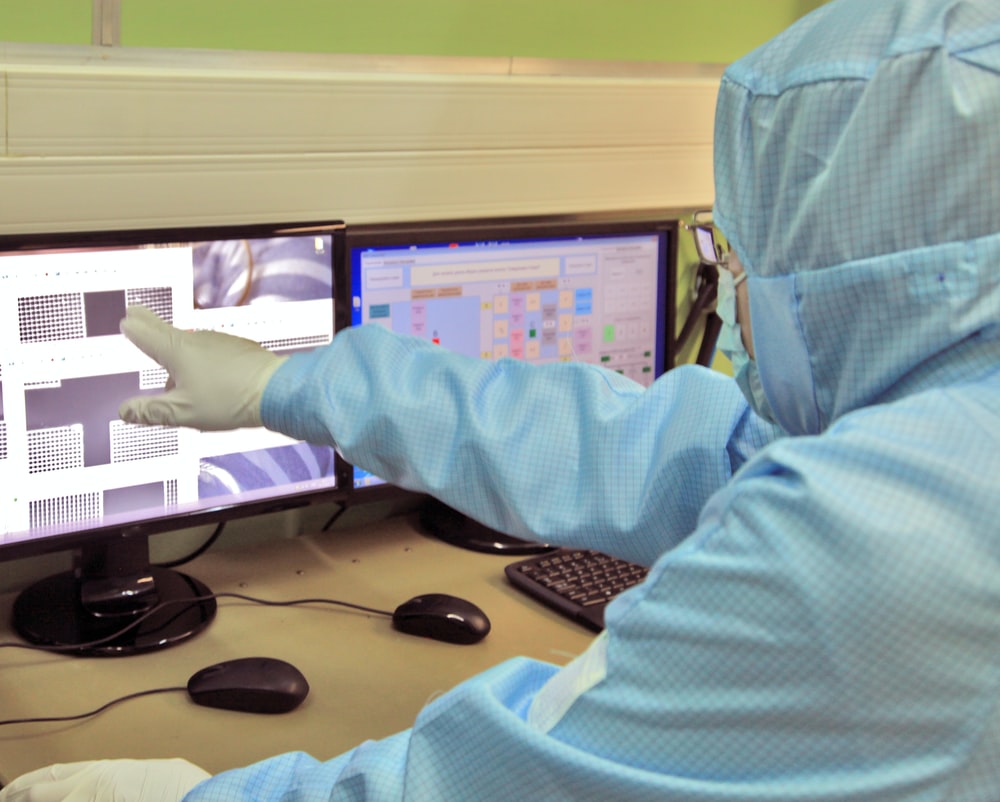Many companies have incorporated online platforms for patient records, medical imaging systems, and ERP systems during the past decade to keep up with revolutionary technologies. On top of that, online platforms can connect healthcare providers with patients who are seeking treatment around the world.
Telemedicine and Telehealth
Telemedicine is the practice of medicine over a distance using modern telecommunication technologies. This typically does not mean that doctors are conducting video conferences with patients remotely, but it does allow them to share files and documents with other physicians or medical specialists around the world.
This technology has allowed providers to treat patients who live far away from their offices by sharing information via email, Internet chat rooms, and video conferencing technology. Not only has telemedicine helped doctors outside of big cities who do not have large staff, but it has also given patients who live in remote areas access to better medical care.

These systems allow for instant connections to specialists who would otherwise only be available through email, phone calls, and chat rooms. This is not only convenient but also much more affordable to patients with limited financial means.
Advanced ERP systems
The healthcare industry has evolved from being a primarily reactive industry to a proactive one. This is primarily because of the Electronic Records System (ERP) that has been introduced in most facilities of this sector. The system has helped them significantly improve their patient care and significantly cut down on their operational costs.
The ERP system can track all medication dispensed to patients and surgeries, and lab tests. In short, it provides an excellent overview of everything that’s going on with the facility at any given time, which greatly increases efficiency.
Benefits of ERP systems for the healthcare sector
ERP helps improve most processes of a facility
This is because it can track most operations being done in a facility at any given time. It has records of every patient’s activity over a period, including their scheduling, and provides secure storage for all critical information.
It also helps cut down on operational costs significantly
This is because it doesn’t require too much workforce to operate it and has been programmed to perform most tasks automatically. It has been designed to detect and promptly warn about any abnormalities or irregularities. This helps in detecting and dealing with them immediately, instead of waiting till the problem becomes serious.
Less Medical Errors
The electronic records system has also reduced medical errors as it reduces the risk of human error. Also, some studies have shown that its use can improve an organization’s patient care satisfaction scores, thereby providing benefits to both patients as well as the facility that they are being treated at.
If you want to benefit from the latest technology, our experts can help you. At M3–Systems, we offer one of the best ERP consulting services that could reduce your costs. We also offer ICD-10 optimization and AI solutions for healthcare organizations to improve your billing processes and healthcare facilities.
Contact us to learn more about our services.
